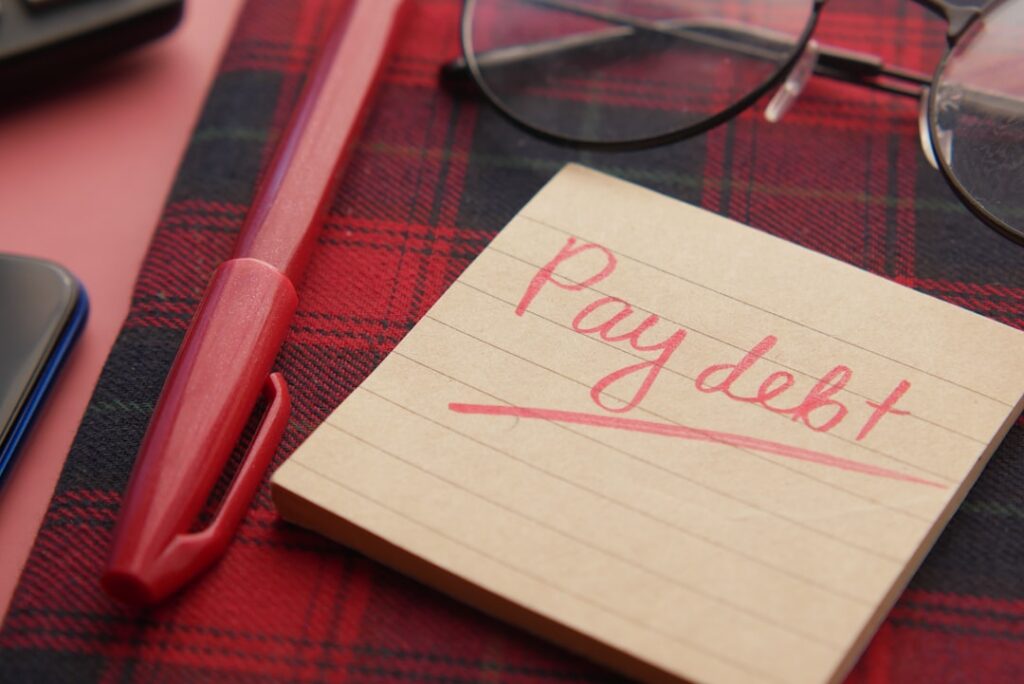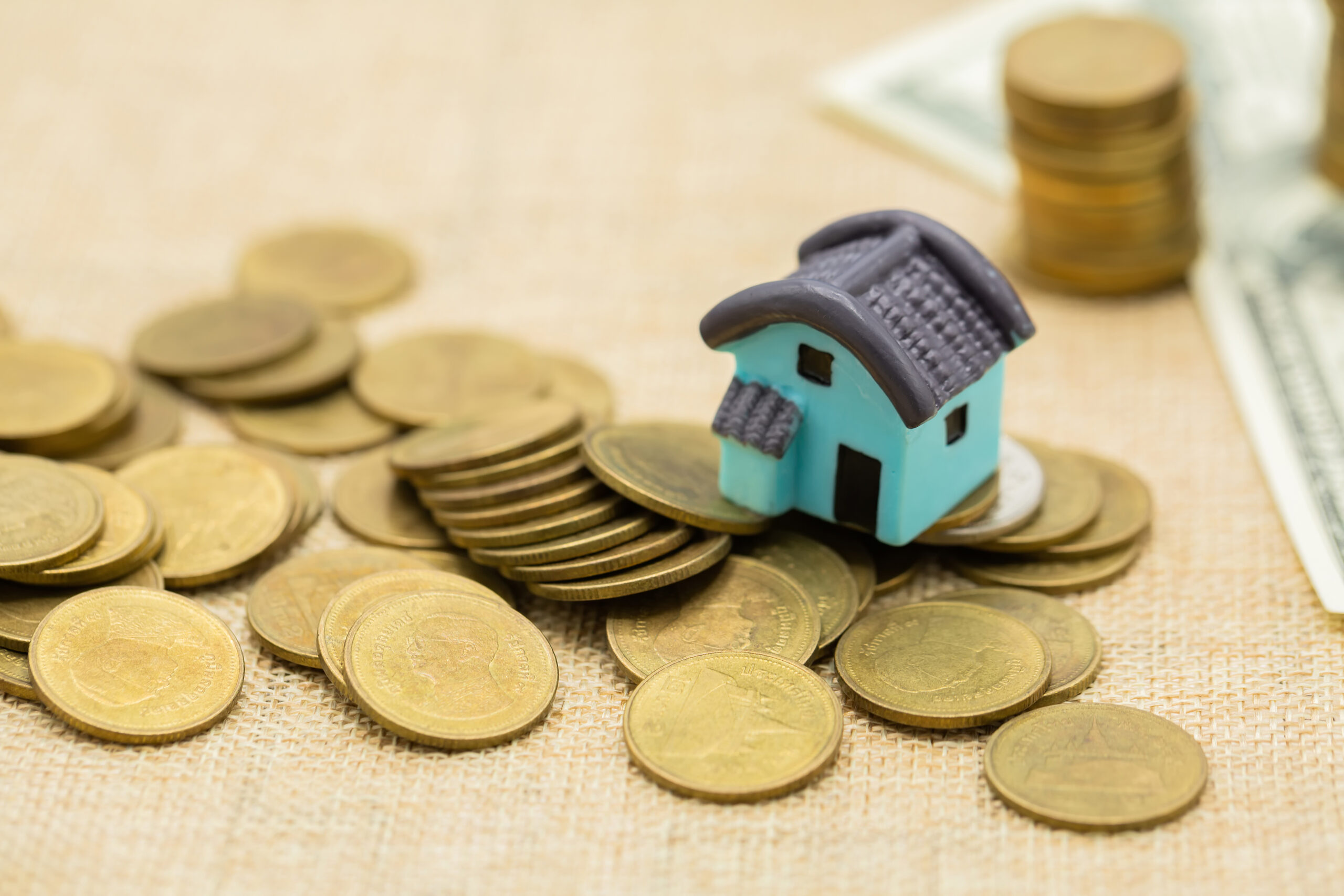Owning a home outright is a dream for many, but the traditional 30-year mortgage payoff can feel like a slow, expensive journey. With rising interest rates and economic uncertainties, homeowners are increasingly looking for smarter ways to pay off their mortgages faster without sacrificing their financial stability.
Fortunately, alternative mortgage payoff strategies exist, and they can help you eliminate debt in a fraction of the time while leveraging your home’s equity to build wealth. Whether you want to reduce your interest payments, generate passive income, or accelerate your payoff timeline, this guide will explore effective alternatives to traditional mortgage repayment.
Mortgage Acceleration Using HELOC (Home Equity Line of Credit)

One of the most effective strategies for paying off a mortgage early is using a HELOC. This method involves leveraging your home’s equity to make lump-sum payments toward your mortgage principal. The key advantage? HELOCs often have lower interest rates than traditional mortgage loans and provide flexible repayment options.
How It Works:
- Open a HELOC based on your home’s available equity.
- Use the HELOC to make large principal payments on your primary mortgage.
- Redirect your income into the HELOC and pay off the balance aggressively.
- Repeat the process to systematically reduce the mortgage principal, thereby reducing interest costs.
Benefits:
✔️ Faster mortgage payoff timeline (often within 5-10 years).
✔️ Lower interest costs compared to traditional mortgage interest.
✔️ Flexible access to funds for emergencies or investments.
Exclusive Tip: A former mortgage lender reveals how to use this strategy to pay off a mortgage in just 5-7 years—Watch the Free 20-Minute Interview.
Biweekly Mortgage Payments
A simple yet powerful alternative to the traditional mortgage payoff is switching to biweekly payments. Instead of making one monthly payment, you split your mortgage payment into two smaller payments every two weeks. Since there are 52 weeks in a year, this results in 26 half-payments—or 13 full payments annually instead of 12.
Why It Works:
- The extra payment each year directly reduces the principal.
- Less interest accrues over time, saving thousands.
- Most lenders offer biweekly payment plans at no extra charge.
Example:
If your monthly mortgage payment is $2,000, switching to biweekly payments means you’ll pay $1,000 every two weeks. By the end of the year, you’ll have paid an extra $2,000 (one full mortgage payment), accelerating your payoff timeline.
Refinancing to a Shorter Loan Term
If you’re comfortable with slightly higher monthly payments, refinancing your 30-year mortgage into a 15-year loan can significantly reduce your total interest payments.
Key Benefits:
- Interest rates on 15-year mortgages are generally lower than 30-year loans.
- You pay significantly less interest over the life of the loan.
- You build equity faster.
Important Considerations:
- Ensure you have enough income stability to handle higher payments.
- Check for refinancing fees and closing costs to determine if the switch is worth it.
Debt Snowball or Avalanche Method for Mortgage Payoff

The same debt repayment strategies used for credit cards and student loans can be applied to your mortgage. These include:
- Debt Snowball Method: Make extra payments toward the smallest loan balance first while paying minimums on others. Once that loan is paid off, redirect payments toward the next smallest loan.
- Debt Avalanche Method: Focus on paying off the highest-interest loan first, then move to the next highest.
Why This Works:
- Helps eliminate other debts that might be preventing you from making larger mortgage payments.
- Frees up cash flow for more aggressive mortgage payments over time.
Real Estate Investing to Generate Passive Income
Rather than putting every extra dollar toward your mortgage, consider investing in real estate properties that generate rental income. This additional cash flow can be used to pay down your mortgage faster while building wealth.
Investment Strategies:
✔️ House Hacking: Rent out a portion of your home to help cover mortgage payments.
✔️ Buy-and-Hold Properties: Purchase rental properties and use profits to accelerate your mortgage payoff.
✔️ Short-Term Rentals (Airbnb): Maximize rental income by offering short-term stays in high-demand areas.
Learn how to turn your home into a passive income source! Click here to explore more strategies.
Paying Extra Principal Payments Strategically
If a HELOC or real estate investing isn’t in your comfort zone, making extra principal payments is a straightforward yet highly effective way to shorten your loan term.
Best Practices:
- Round up your mortgage payments (e.g., if your payment is $1,450, round up to $1,500).
- Apply work bonuses, tax refunds, or windfalls directly to your mortgage principal.
- Make one extra full payment each year to reduce your loan term by several years.
Mortgage Offset Accounts
Mortgage offset accounts work by linking a savings account to your mortgage. The balance in your savings account is deducted from your mortgage balance when calculating interest, thereby reducing interest payments.
Example:
- Mortgage Balance: $300,000
- Offset Savings: $50,000
- Interest Charged on: $250,000 instead of $300,000
Benefits:
✔️ Interest savings without needing to make large lump-sum payments.
✔️ Liquidity: You can withdraw funds whenever needed.
✔️ Works well for high-income earners with strong savings habits.
Downsizing or Relocating

Selling your home and purchasing a smaller or more affordable property is an extreme but effective way to eliminate mortgage debt quickly. Downsizing allows you to use your home’s equity to purchase a new home with a smaller loan—or no loan at all.
When Does Downsizing Make Sense?
- If your home has significant equity and you want to free up cash for other investments.
- If your current home is too large, and maintaining it has become a financial burden.
- If you are nearing retirement and looking to reduce housing costs.
- If you want to relocate to an area with a lower cost of living.
Benefits of Downsizing:
✔️ Eliminates or significantly reduces mortgage debt.
✔️ Frees up home equity that can be reinvested or used for retirement.
✔️ Reduces property taxes, utility costs, and maintenance expenses.
✔️ Provides an opportunity to move to a more convenient or desirable location.
Potential Challenges:
- Selling costs, including agent commissions and moving expenses.
- Finding a suitable smaller home that meets your needs.
- Emotional attachment to your current home and community.
Tip: Consider consulting with a financial advisor to assess the best way to reinvest your home equity or manage the transition effectively.
Pros and Cons of Alternative Mortgage Payoff Methods
Pros:
- Faster mortgage payoff means long-term financial freedom.
- Less interest paid over the life of the loan.
- Potential to use home equity to build additional wealth.
- More flexibility in financial planning compared to a rigid mortgage structure.
Cons:
- Some methods require financial discipline and strategic planning.
- HELOCs and refinancing may introduce new risks if not managed properly.
- Real estate investing requires time, effort, and market knowledge.
- Prepayment penalties may apply depending on your lender.
Frequently Asked Questions (FAQs)
Is it better to pay off my mortgage early or invest?
It depends on your financial goals. If your mortgage has a low interest rate, investing may yield higher returns. However, paying off your mortgage early provides financial security and reduces long-term interest costs.
Will making extra mortgage payments lower my monthly payment?
No, extra payments reduce the principal but do not lower your monthly required payment. However, they do shorten your loan term and reduce total interest paid.
Can I use my 401(k) to pay off my mortgage?
While it’s possible, it’s not always advisable. Withdrawing from your 401(k) may incur taxes and penalties, and you might lose out on potential investment growth.
What is the best alternative to a traditional mortgage payoff?
It depends on your financial situation. HELOC acceleration, biweekly payments, and real estate investing are among the most effective methods.
Conclusion
Traditional mortgage payoff methods aren’t the only way to achieve financial freedom. By implementing alternative strategies like HELOC mortgage acceleration, biweekly payments, real estate investing, and offset accounts, you can potentially shave years off your loan term and save thousands in interest.
If you’re ready to explore how you can pay off your mortgage in just 5-7 years without changing your income or expenses, watch this exclusive 20-minute interview with a former mortgage lender revealing a little-known strategy to turn your home into a “private bank.”
Affiliate Disclaimer: BestMortgages.co may include affiliate links, which allow us to earn a small commission when you make a purchase through them. This helps support our site at no extra cost to you. Thank you for your support!




0 Comments